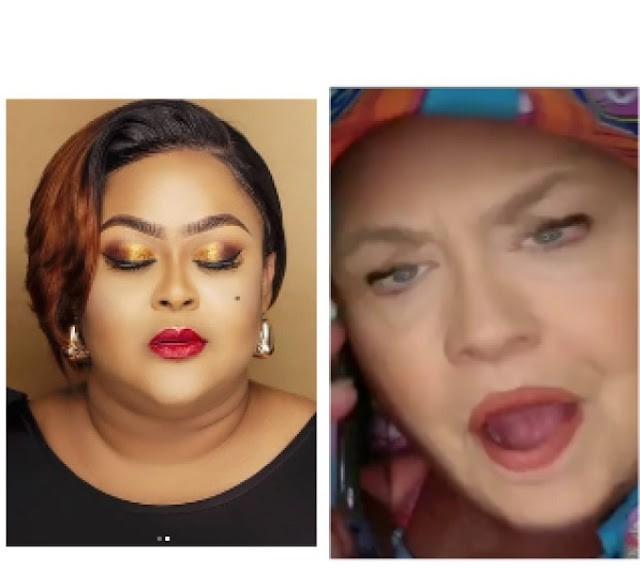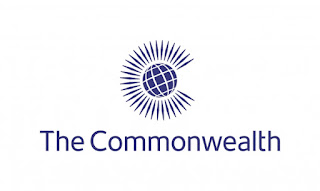South African Smokers Angry About Cigarette Ban
The illicit trade in cigarettes in South Africa is now in full swing after the sale of tobacco was banned at the end of March as part of strict measures imposed to slow the spread of coronavirus, as the BBC's Pumza Fihlani reports.
Whereas once Michelle could go to her local shop in South Africa's commercial hub, Johannesburg, to buy cigarettes she is now having to do a secret deal.
The 29-year-old economist finds sellers through contacts in WhatsApp groups and arranges a covert meeting in order to get her nicotine fix.
"Once you've found a seller you can trust, a meeting point or pick-up point is arranged," she said.
'No chance to stock up'
Michelle, which is not her real name, is not the only one. What was perfectly legal two months ago has turned thousands of people into potential criminals.
"No warning was given for the ban, so I personally wasn't sufficiently prepared - either to get a stockpile or prepare to go without," Michelle, who has been smoking for four years, told the BBC.

South Africa's lockdown regulations are among the toughest in the world and also include a ban on the sale of alcohol.
This will be relaxed from 1 June, with people allowed to buy alcohol to drink at home and "only under strict conditions on specified days and for limited hours", according to President Cyril Ramaphosa.
However, he said the ban on the sale of cigarettes will remain "due to the health risks associated with smoking".
Cigarette dealers could spread coronavirus
The government justified the tobacco ban on health grounds based on advice from its own medical experts as well as from the World Health Organization (WHO).
The WHO said that although research is still being carried out, there was reason to believe that smokers would be more adversely affected than non-smokers if they contracted Covid-19.
According to a 2016 government survey, more than nine million South Africans aged 15 and older smoke, burning through billions of cigarettes a year.
"While I understand the health reasons that have now been brought forward, I would like the opportunity to decide for myself when and how to handle my smoking, especially as someone who also smokes as a way to deal with anxiety outside of medical treatment. I believe the ban is excessive," Michelle said.
She also thinks that driving the trade underground poses additional health risks at this time.
The black-market seller is "someone who has potentially touched scores of other people trying to sell their cigarettes", the young professional said.
More than half a million people have added their names to an online petition calling for the government to change its mind.
"We have been provided no scientific evidence to support a tobacco ban," Bev Maclean, who started the petition, wrote.
"With legal tobacco product sales being banned, consumers are turning to the illegal market and paying high prices for mostly illicit cigarettes that don't pay taxes to government."
In the last financial year, South Africa's tax collecting agency raised about $790m (£650m) from tobacco sales. A two-month ban could therefore cost the government about $132m in lost revenue.
There is also the claim that the ban is unconstitutional.
The Fair Trade Independent Tobacco Association (Fita), which represents business and smokers' interests, has gone to court and argued that the decision on the ban was made without the correct legal framework.







Comments
Post a Comment